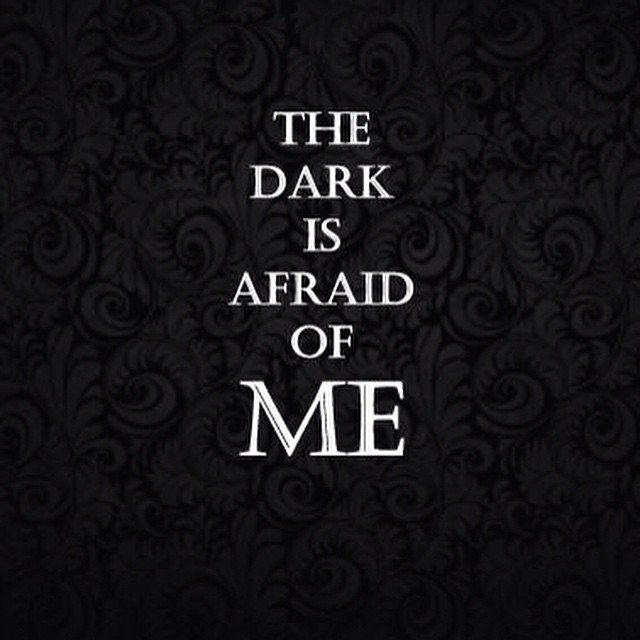This is, I believe, what you would call a 'filler' post; something you do when you don't have anything to say, but want to say SOMETHING. And this is really a fun link, given to me by a friend, so perhaps it's more of a 'dessert' post than just filler. :-)
Hallowe'en Cakes
Hope you enjoy them!
Tuesday, October 25, 2016
Sunday, October 16, 2016
October: "I'm SO Goth..."
I'm So Goth that...

Thursday, October 6, 2016
Why knowing the reasons doesn’t always make everything okay
After reading several
friends’ posts, and watching/reading about current events in the world, I’ve
been thinking a lot about certain phrases that many people tend to use when
others discuss their problems or talk about a current crisis. And I’ve decided that, in my opinion, the
absolute worst one of these is: “Everything happens for a reason”, sometimes
accompanied by “we just don’t know what it is”.
The direct implication behind this statement is that what happened
wasn’t some random chance of fate or the result of hatred of the person(s) by
the gods. Okay, nothing wrong with that;
it frequently IS comforting to be told that we’re not so insignificant that the
universe doesn’t notice or care what happens to us.
However, the indirect implication is that, if we knew/understood the
reason for something terrible happening, it wouldn’t be so terrible. And those who tack on a further comment about
karma or how “what goes around comes around” are also implying that at least
some fault may lie with the victim(s).
Is it true that everything happens for a reason? YES, absolutely! Everything does happen for at least
one reason, perhaps more than one. But that doesn't necessarily mean that the people it happens to did something to deserve it. For
example, the earthquake in Japan in 2011 happened because the several
continental and oceanic plates that Japan sits on shifted. The accompanying tsunami happened because the
movements of that earthquake caused a specific type of movement of the water. Their nuclear plants then had problems because
the built-in protections that had held up against the earthquake weren’t strong
enough to hold up against the tsunami as well.
These things each happened for one or more reasons, and we know what
those reasons were.
But please tell me, how exactly did knowing the reasons make
things any less terrible for the Japanese?
Their homes were still damaged or destroyed, their friends and family
members were still dead or missing, their communities were still demolished,
their jobs were still gone or in jeopardy, their financial situations were
still precarious, and they were still desperate for shelter, water and
food. How is it that knowing why these
disasters happened is supposed to make it somehow less difficult to bear? And while some of the fault, at least with
regard to the nuclear plants, MAY have been the result of poor
planning/ignorance/whatever on the part of various organizations, why should
thousands of people who had nothing to do with that feel better knowing they
are suffering for someone else's bad karma points?
I hope someone explained it to them so that they felt better
about the whole thing.
There are people who spout out the same useless and unfeeling platitudes when someone they know tells them they have cancer, or an inoperable tumor, or Parkinson's disease, or some other life-altering thing that can't be fixed. Maybe they don't know what else to say, or maybe they truly believe it themselves. But somehow, I don't think it would comfort them much if it was said to them in their time of need.
PLEASE think twice before telling someone that their
suffering is happening for a reason, and that they just don't know what it
is. It's not only condescending, it's
judgmental and cruel, even if you don’t mean it that way. Instead, try a nod and sympathetic silence, or maybe (even
better) “I’m so sorry this is happening”, and give them a gentle hand squeeze
or a hug. Chances are you'll make their
burden a little easier to deal with, knowing they are not alone, and that someone really cares.
Subscribe to:
Comments (Atom)